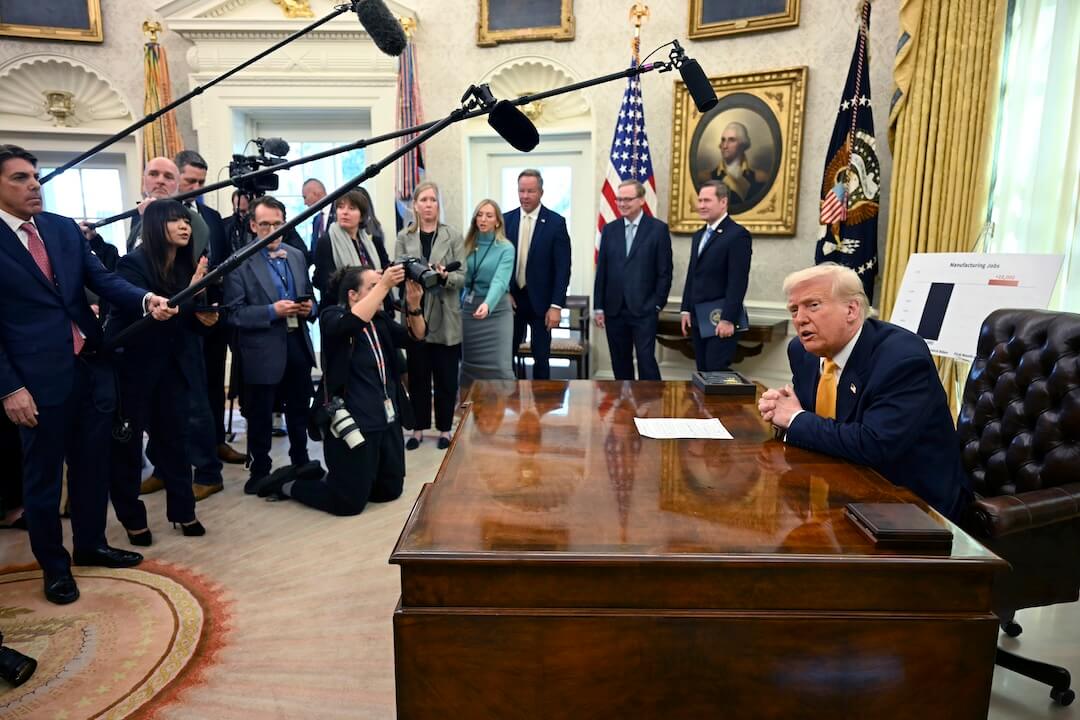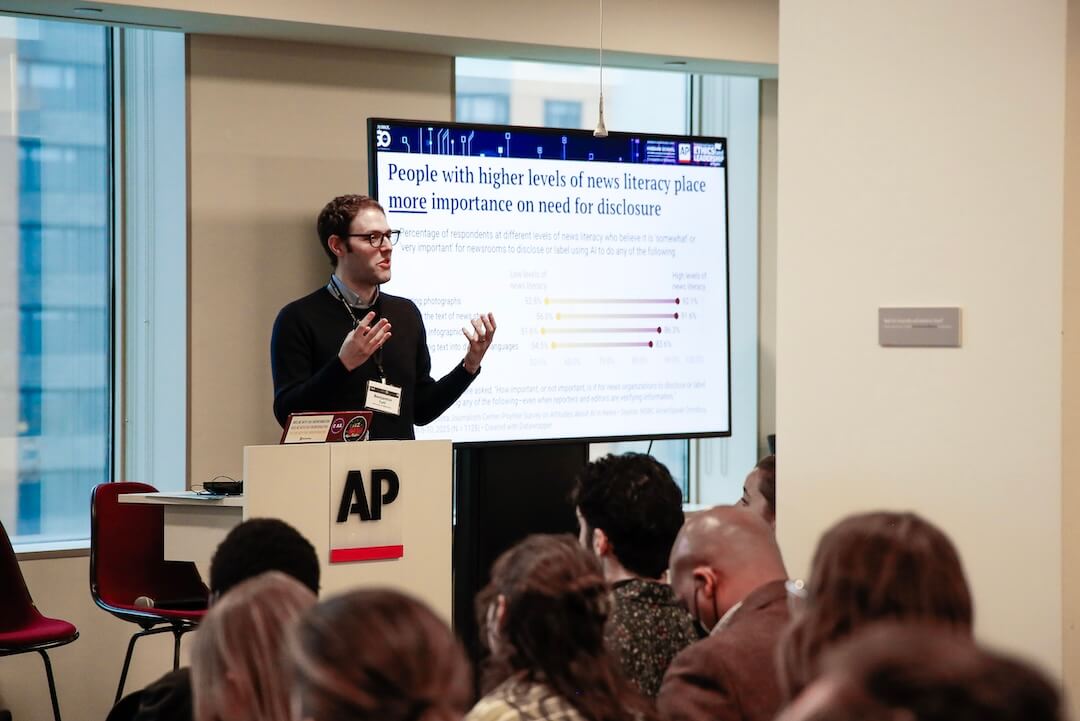ST. PETERSBURG, Fla. (March 25, 2020) – The MediaWise Voter Project, a nonprofit and nonpartisan program of The Poynter Institute that aims to teach digital literacy skills to first-time voters in the 2020 election, is pleased to announce the students selected as the project’s Campus Correspondents. The students represent 11 diverse colleges and universities across America, and they will work to train their peers how to tell fact from fiction online in advance of the 2020 election.
In a time when the spread of misinformation online is rampant, MediaWise and its partners aim to teach young people how to debunk misinformation online.
“With all the rumors that circulate on the internet and around Michigan State, I’m excited to make a difference for first-time voters in November,” said Campus Correspondent Evan Jones, a student at Michigan State University. “I have a strong interest in journalism and politics. This opportunity seemed right up my alley.”
The MediaWise Voter Project (#MVP2020) is funded by Facebook with a goal to reach 2 million American college students, teaching them to be prepared and confident to participate in our democracy, as well as better informed as they vote for the first time in the 2020 election.
“Student voter turnout and making sure people are informed and educated about elections is something that I am very passionate about,” said Sonia Rao from the University of North Carolina. “I am honored to work with so many other inspiring students across the country and so excited to use this passion and this program to educate potential student voters about media literacy.”
The project builds on the momentum created by MediaWise, which teaches middle and high school students how to identify factual information, put social media posts in context and avoid sharing misinformation in their social media feeds.
Campus Correspondents were invited to The Poynter Institute for training with the MediaWise team March 6-8, when they learned how to spot misinformation online, find reliable information about the election and how to train their peers on these important skills. They will now pass on their knowledge in weekly training sessions, and document their work on @MediaWise social media accounts.
The Campus Correspondents are:
Evan Jones, Michigan State University
Sonia Rao, University of North Carolina
Cristobal Spielmann, Loyola Marymount University
Lance Reese, Claflin University
Hanlyn Tyler, University of North Texas
Johanna Crowl, American University
Zuna Ramos Maza, Suffolk University
Austin Houck, University of Virginia
Savannah Munn, Mississippi State University
Elif Onay, Stony Brook University
Kyah Probst, University of Wisconsin-Milwaukee
MediaWise was created with funding from Google.org and consists of four major components: the Teen Fact Checking Network, workshops at schools across the nation, a MediaWise Ambassador program and an open-source digital literacy curriculum by the Stanford University History Education Group (SHEG).
About The Poynter Institute
The Poynter Institute for Media Studies is a global leader in journalism education and a strategy center that stands for uncompromising excellence in journalism, media and 21st-century public discourse. Poynter faculty teach seminars and workshops at the Institute in St. Petersburg, Florida, and at newsrooms, conferences and organizations around the world. Its e-learning division, News University, offers the world’s largest online journalism curriculum, with hundreds of interactive courses and tens of thousands of registered international users. The Institute’s website produces 24-hour coverage about media, ethics, technology and the business of news. Poynter is the home of the Craig Newmark Center for Ethics and Leadership, the Pulitzer Prize-winning PolitiFact, the International Fact-Checking Network and MediaWise, a digital information literacy project for young people. The world’s top journalists and media innovators rely on Poynter to learn and teach new generations of reporters, storytellers, media inventors, designers, visual journalists, documentarians and broadcasters. This work builds public awareness about journalism, media, the First Amendment and discourse that serves democracy and the public good.
About MediaWise
MediaWise is a digital information literacy initiative led by the Poynter Institute in partnership with the Stanford University History Education Group (SHEG), the National Association for Media Literacy Education (NAMLE) and the Local Media Association (LMA) and funded by Google.org (2018-2020). The goal of MediaWise was to teach 1 million American teenagers to tell fact from fiction online with half coming from underserved or low-income communities. Today, the work of MediaWise has been seen by more than 5 million viewers and counting. The MediaWise program consists of four pillars: a SHEG curriculum; in-person training events hosted at schools nationwide; a teen fact-checking network; and a MediaWise ambassador program. In 2020, MediaWise expanded to a new audience through the MediaWise Voter Project (#MVP), which will prepare first-time voters with the information and tools they need to successfully participate in their first election. Funded by Facebook, the MediaWise Voter Project will produce a video-based first-time voters guide, teach in-person at campuses and events nationally through a network of Campus Correspondents, and bring awareness to the teachings via content produced by MediaWise ambassadors and a national multi-city bus tour.







